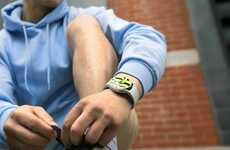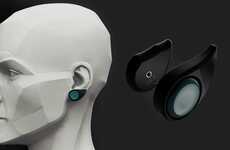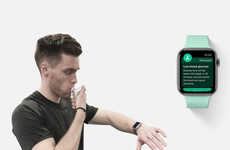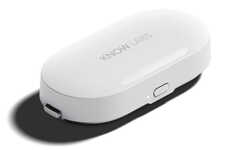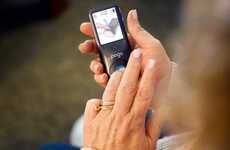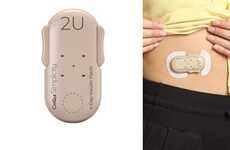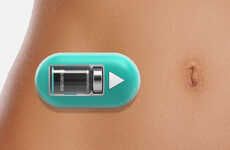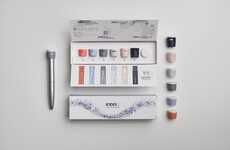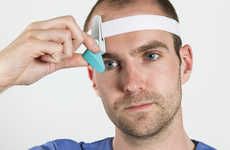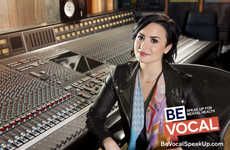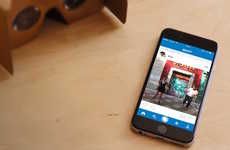
Google's Device for Diabetics Draws Blood Without a Needle
Laura McQuarrie — December 15, 2015 — Tech
References: appft1.uspto.gov & computerworld
Google recently filed a patent application that provides details about a device for diabetics that would be able to draw blood and monitor blood sugar levels without the use of a needle.
While there are several painless systems in place for diabetics that use skin sensors or saliva to measure glucose, Google's patent for a blood-drawing wearable imagines that pressurized gas can be used to pierce the skin and procure only a "micro-emergence" of blood.
The concept has definite appeal for diabetic patients who are required to check their glucose levels at multiple points in the day. But looking beyond those with diabetes, the wearable may also prove to be of use for measuring other aspects of an individual's health, such as levels of hormones, protein or enzymes.
While there are several painless systems in place for diabetics that use skin sensors or saliva to measure glucose, Google's patent for a blood-drawing wearable imagines that pressurized gas can be used to pierce the skin and procure only a "micro-emergence" of blood.
The concept has definite appeal for diabetic patients who are required to check their glucose levels at multiple points in the day. But looking beyond those with diabetes, the wearable may also prove to be of use for measuring other aspects of an individual's health, such as levels of hormones, protein or enzymes.
Trend Themes
1. Needleless Blood Monitoring - The development of needleless devices for blood monitoring presents opportunities for painless and convenient health monitoring for diabetics and beyond.
2. Skin Sensor Technology - Advancements in skin sensor technology open up the potential for non-invasive measurement of various health parameters, revolutionizing the healthcare industry.
3. Multifunctional Health Wearables - The integration of multiple health monitoring capabilities in wearables, like measuring hormones, proteins, and enzymes, creates new possibilities for personalized and comprehensive health tracking.
Industry Implications
1. Medical Devices - The medical device industry can capitalize on the development of needleless diabetic wearables to create innovative solutions for blood monitoring, improving patient experience and compliance.
2. Healthcare Technology - The healthcare technology industry can leverage skin sensor advancements to develop non-invasive monitoring solutions that enhance patient care and enable early detection of health issues.
3. Wearable Technology - The wearable technology industry can explore the potential of multifunctional health wearables to provide users with real-time insights into their overall health and well-being.
5.8
Score
Popularity
Activity
Freshness


